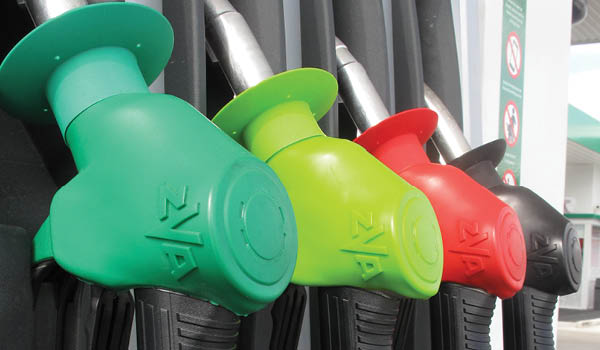Petrol retailers in New South Wales will be required to disclose fuel prices in real time to consumers via an online portal under new legislation proposed by the State Government.
The legislation, which is being led by NSW Minister for Innovation and Better Regulation Victor Dominello, would see around 2000 service stations in NSW forced to notify Fair Trading via an online portal when they change their prices. Once a price change occurs at the bowser, a short period will be allowed for it to be uploaded on the portal.
Mr Dominello said the legislation is giving the government the power to collect the data and will be introduced into state parliament shortly.
“This is important reform. We are living in the information age and consumers should be able to access and compare fuel prices using a digital device,” Mr Dominello said.
“We envisage that the raw dataset maintained by Fair Trading will enable competition among app developers to create platforms which visualise the data.”
Mr Dominello said NSW Fair Trading will undertake compliance operations and penalties will apply to those that fail to comply with the new laws.
More transparency needed: AACS
Jeff Rogut, CEO of the Australasian Association of Convenience Stores (AACS), told C&I Week more transparency is needed in the petrol industry.
“There’s so much mystery behind petrol pricing and there’s always these undertones of collusion which are completely misleading. The more the public are informed in terms of petrol pricing the better it is for the industry and for customers.”
In December, the Australian Competition and Consumer Commission (ACCC) settled Federal Court proceedings against price sharing service Informed Sources and the retailers using its information including Coles Express, BP Australia, Caltex Australia Petroleum, Woolworths and 7-Eleven.
The ACCC had alleged the price information exchange service allowed users to communicate with each other about their prices, lessening competition for the sale of petrol.
Informed Sources and the petrol retailers involved agreed to make the pricing data available to consumers at the same time the retailers receive it in an effort to help consumers make better and more informed decisions about where and when to buy petrol. Mobile apps are reportedly already in development to allow consumers to check prices in real time.
Retailers under fire over prices
Last month the ACCC said retail fuel prices were “unreasonably high” in the second half of 2015, leading the watchdog to contact the major petrol retailers calling for an explanation.
The ACCC’s comments followed the release of its quarterly report into the Australian petroleum industry. The report, which examined petrol prices up to the end of December 2015, found that quarterly average prices were lower than previous quarters, but not as low as might have been expected given lower crude oil prices.
The report found that the quarterly average price in the five largest cities – Sydney, Melbourne, Brisbane, Adelaide, and Perth – was 124.4 cents per litre (cpl), which was 8.8 cpl lower than the previous quarter and 11.4 cpl lower than in the June quarter 2015.
ACCC chairman Rod Sims said in February the decrease in prices over the quarter was welcome news for motorists, however, retail petrol prices were not as low as might have been expected given the level of crude oil prices.
“The ACCC believes that retail prices have been unreasonably high in the second half of 2015 and in early February 2016 wrote to the major petrol retailers seeking an explanation for the high retail margins. I expect to receive their responses shortly,” Mr Sims said.
7-Eleven leads the way
This week 7-Eleven launched its on petrol price app that enables customers to check and ‘lock in’ fuel prices across 434 of its stores.
The new 7-Eleven Fuel App is a global first for the convenience store chain and allows drivers to search their local 7-Eleven stores to find the lowest price on fuel. Consumers then ‘lock in’ that price and redeem petrol for that amount at any 7-Eleven store in the country within seven days.
7-Eleven says the app is the first of its kind as it uses a customer’s current location and real time fuel price data to allow them to secure the best local fuel price.
The app searches for local 7-Eleven fuel prices using a unique algorithm and geo-location technology. Users then register for a 7-Eleven digital wallet and select the type and volume of fuel they would like to purchase.

